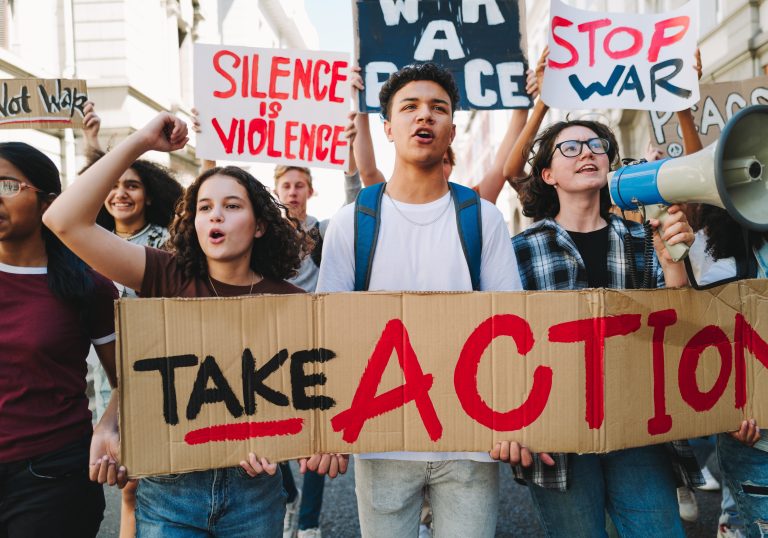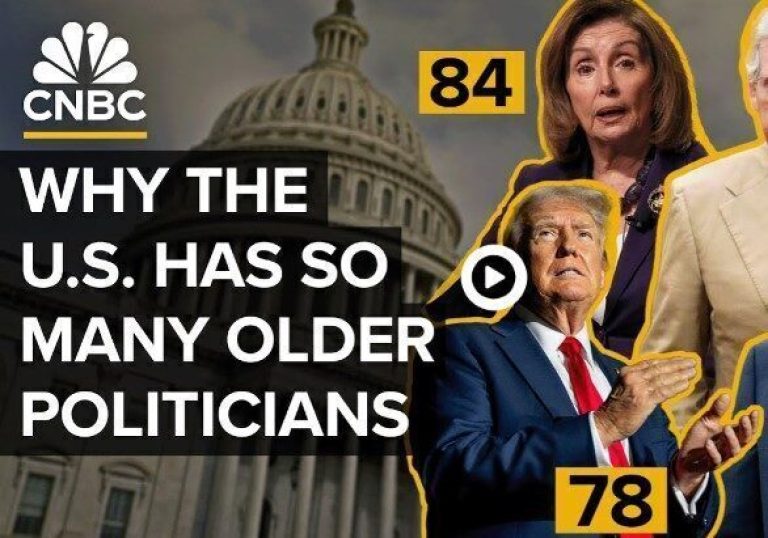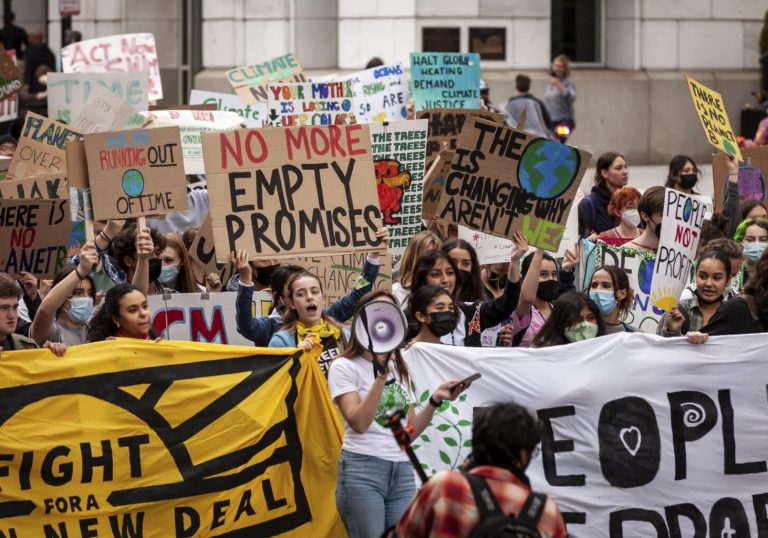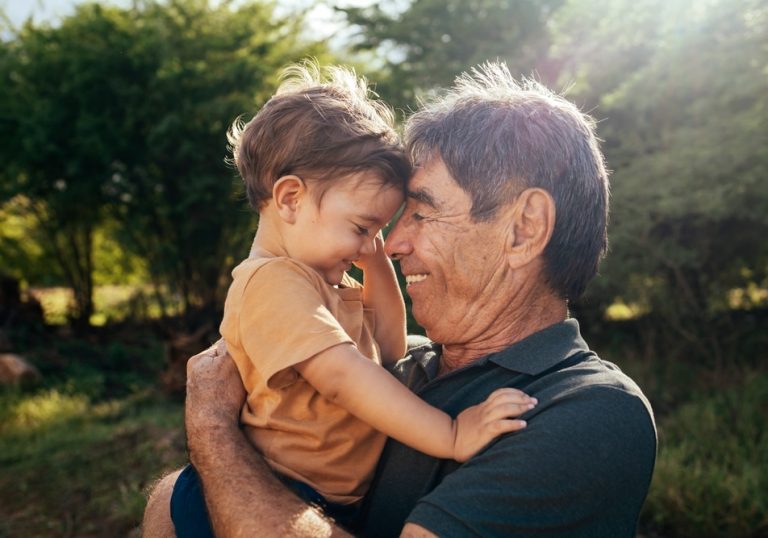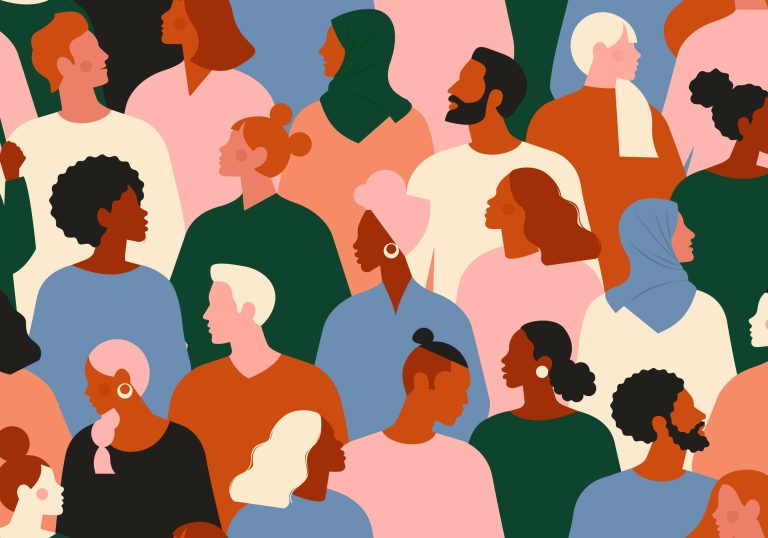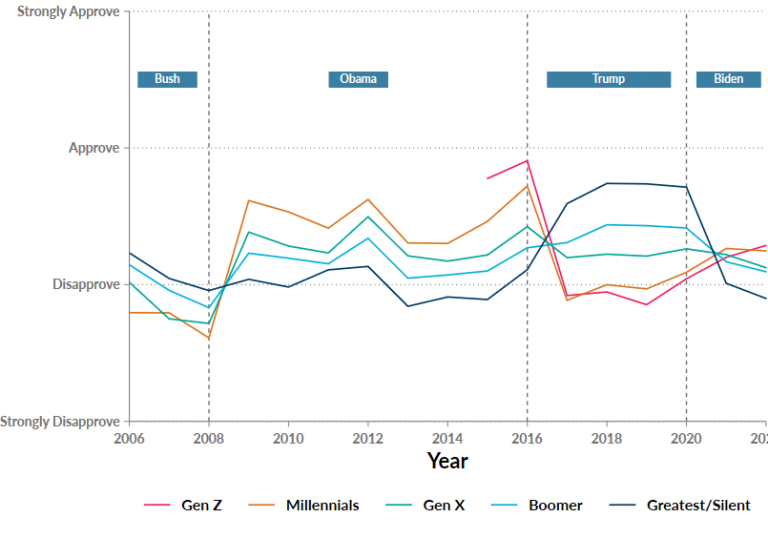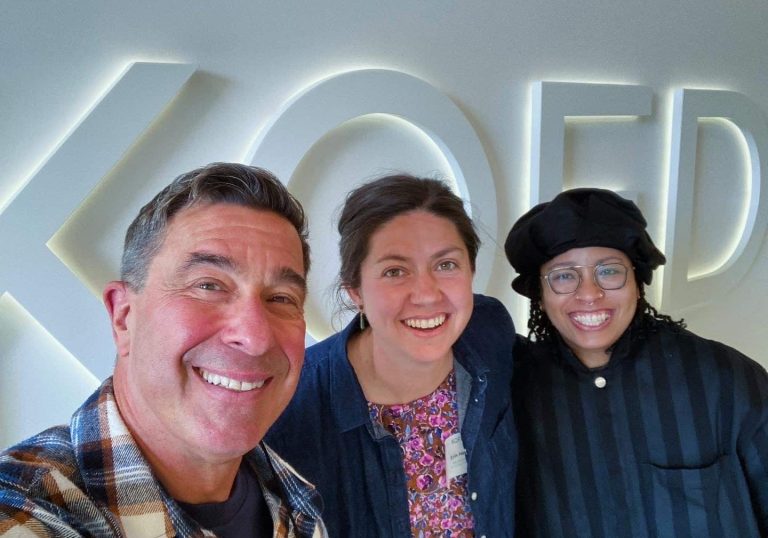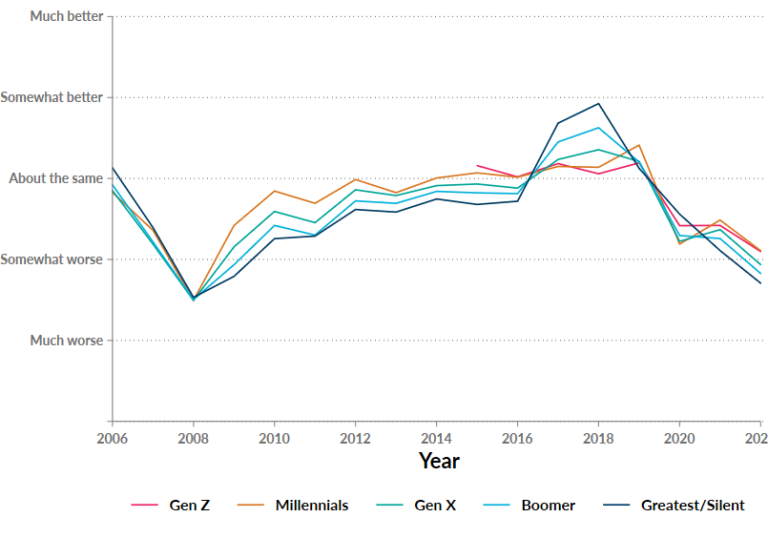2024 Election Vibe Check: Interviews with the Next Generation of Leaders in American Politics
To better explore the state of youth voices in American politics as we enter the 2024 Election Year, BIFYA is publishing a series of interviews with members of GenZ who are running for office across the country. In an era where the political sphere is undergoing transformative changes, we hope this series of interviews will bring to the forefront a diverse array of young political candidates and highlight their motivations, aspirations, and unique perspectives.
The views and opinions expressed in the following interviews are solely those of the individual political candidates and do not necessarily reflect the views of the Berkeley Institute for Young Americans or UC Berkeley. We aim to provide a platform for diverse perspectives. Any opinions, claims, or statements made by the candidates are their own, and we encourage readers to critically evaluate the content while respecting the principles of open dialogue and democratic discourse.
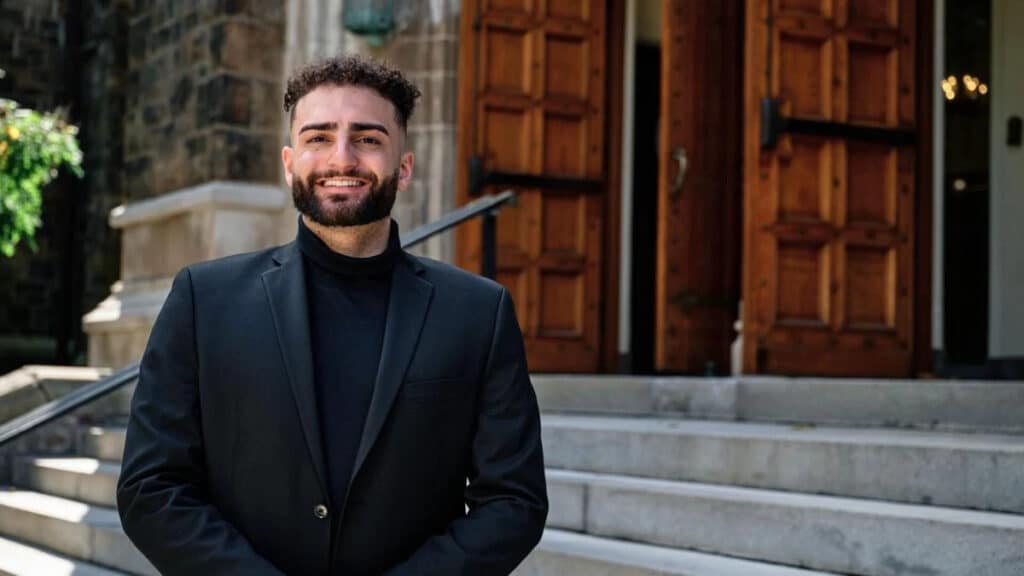
Allen Issa is running for Congress in Pennsylvania’s 7th District. He is a former Congressional aide and Legal Fellow whose work has focused heavily on the crisis in Ukraine and Afghanistan. While working in Congress, he saw firsthand how important it is to have the right people to fight for our values in Washington. Issa is an alumnus of the University of California, Riverside, earning a Bachelor of Science degree in Physics with a concentration in Biophysics. Issa is continuing his education at Penn State Law.
BIFYA: First, I wanted to know a little bit about your decision to run. Why are you running for Congress?
Allen Issa: I’ve always had interest in the political field, for sure. Especially once I started going to law school. Originally, I went to UC Riverside. I had my degree in physics. And then the whole Covid situation occurred when I was entering an Extension/PhD program And I feel like 2019, 2020, that whole time period was crazy for everyone, to say the least. And after that, I had a decision… I could stay in the career path I was going towards at the moment or do what I did,which is, I dropped out of my PhD program. I took a gamble and the LSATs, did well and got into Penn State law because I wanted to pursue a path in politics. I spent my first summer interning for Congressman Darrell Issa in his district office in the San Diego area. And then this past summer I was lucky enough to be a legal fellow on Capitol Hill working with Congressman Darrell Issa, working with the House IP subcommittee and also the House Judiciary.
When you see the inner mechanics of Capitol Hill, you gain a whole new appreciation for what’s really going on down there, what truths are being told, what is just for the camera. And it really gave me that motivation that we need youth in politics tremendously because there is such a difference in understanding from generation to generation –That younger demographic, as they get wiser, we need to have them represented as well because they historically have not been involved in politics enough.
BIFYA: As a young person, how are you thinking about getting more young people involved in the political process, whether that’s on the campaign trail or just with some of the policy ideas that you have?
Allen Issa: When you’re going your first time through, you’re going to be dissuaded completely by a lot of the other people, and you’re not going to gain that respect of someone who says, I worked in city council for ten years or worked within the government locally. So my hope was rallying my community in Southern California to help them spread the word in social media and in my community in Allentown, Whitehall and the cities in the Pennsylvania 7th District.
Our generation – my generation – is very vocally active about complaining, but when it comes down to actually putting in the work to make change or something, I have to be a little bit of a critic. It takes more than posting something to your story saying, “this is so wrong.” Then let’s get something done. We have to be boots on the ground. You have to be if you’re sharing anything on social media, share the things that are important and what candidates will represent your values.
BIFYA: So far, what would you say are some of the biggest successes running as a young person, and what are some of the biggest challenges?
Allen Issa: Because I started so late, I had to go at a very fast pace and things that take, let’s say, a year or two for you to get to that failure point and realize, dang, I failed. I got to experience that very quickly, which is actually kind of a good thing. You know, this is worst case, if it doesn’t work out in my favor, it’s a trial run. I am experiencing it for the first time so I could learn and prepare for the next time because this is my goal. This is what I want to do.
You know, the financial aspects of realizing when you have an older demographic who are more established and they can afford to give you those big checks, which a lot of candidates do. They’ll get a single donation that can amount to 100 donations from my age demographic, because there are a lot of college students, there are a lot of people just out of high school that haven’t really established themselves enough yet financially to be able to donate that much. So that’s definitely something that’s harder for the younger generation, I believe.
BIFYA: Do you have any direct stories about connecting with young voters? Or do you have specific anecdotes about how you are planning to turn out the youth vote?
Allen Issa: So I hate to keep on mentioning social media, but I mean, with my generation, it’s crazy. I haven’t posted anything on Tik Tok or done anything of that sort yet, but I downloaded it just to see how it works. And I mean, it’s crazy the amount of people you can reach from one little short snippet video. Social media is still a great way to reach, especially the younger demographic. And it’s especially unique because if you do TV advertising, anyone can see it. And there’s going to be a large portion of people that just don’t care. Whereas if you have built a large following on social media, those are people who directly care about what you want and what you’re talking about. And they are your audience. They’re your supporters. So I think that provides a unique perspective. So for me to reach those younger demographics, that’s what I have to do, is I have to build that huge social media platform because, yeah, the kids are (I say “the kids” as if I’m not 26 years old) they’re either in college, they’re working, and in their free time they have their own social media. So that’s the best way to reach them.
BIFYA: For older voters, what’s your strategy there?
Allen Issa: That’s the old fashioned, you got to be in the newspapers. I mean, especially in Pennsylvania. It’s so different than in California. Every state has its culture shift. But Pennsylvania is so unique in the way that I mean, they are old fashioned political lovers. They want you door to door. They want to shake hands with you. They want to see you kissing babies. They want to go to your campaign events.
BIFYA: Are there policy issues that you talk about at some of those meetings that connect more with the older voters versus how you might talk about policy issues with younger voters on Tik-Tok or social media?
Allen Issa: So older voters, especially older Republicans tend to be more of the conservative viewpoint. (I am labeled as a moderate Republican.)With the older demographic, the biggest issues out there are secure the border, lower taxes. Most of my opponents are extremely anti-abortion. And I think that’s one place where I actually differ. Nobody likes abortion. I’m a Christian man. I’m a person of faith. I think that abortion is wrong. But I don’t think that the way that you solve it is by using government to tell a woman what to do with her body. And I think that’s the biggest thing that causes Republicans to lose, is, you know, they’re all about small government except for when it pertains to this issue where you’re telling a bunch of women the government has control of your body.
The way that you stop abortions from happening is you build up the foster care system. You build up financial resources for women who are indecisive. You build safe sex education. You build up systems around that. You don’t just ban something because they [women] are going to go to a different state. There has to be a middle ground here, and especially building resources for the women so they feel safe, secure and supported so that if they don’t feel that they can financially or must provide for a child, they have an alternative. I think that’s a big point that Republicans need to start focusing on because they are losing their voters tremendously because of that one issue.
BIFYA: When you talk to young voters, to young conservatives, do you see a lot of resonance with that?
Allen Issa: Absolutely. Not a single person in the world, of right mind, likes abortions. Nobody does, especially not the women who have to go through them. They are emotionally scarred. And so young Republicans realize that. Almost all of the Republican friends I know, even the Christian ones, the faith ones, they’re all saying that’s the one issue that we don’t agree with the older generation on because they realize it’s contradictory.
BIFYA: We’ve done a study on young people and their views of inequality and the social safety net and and a pattern that I saw amongst a lot of young people and young conservatives was seeing growing inequality and the power of the corporate elite as being really problematic.
Allen Issa: I believe in the free market system so tremendously. I think it’s the best system. It’s not perfect, but it’s the best of the flawed systems. I think you have the right to be a billionaire. I don’t think that that’s anything wrong. You work for your success. So Bernie Sanders saying we should have a 50% billionaire tax, I don’t agree with that. But should corporations be allowed to buy private property and residential homes so that there’s no availability and artificially raises the price? And then we have a housing boom and then a real estate crisis? Absolutely not. Democrats and Republicans are two wings of the same bird. Everyone wants the world to be a better place. Those two parties just have different views on how we get there. Everyone wants to build this better place. And young conservatives, young Democrats are realizing that we all want the same thing. I think that they’re starting to realize that finally. And once we get some younger voters and their younger politicians in there and start working together, we’re going to find that it’s not just all corporate greed or socialism, communism, taking over America or any of these things. It’s that we’ve been fighting against one another when we should have been working together.
BIFYA: Why do you think it is that young people can solve these issues? But the older generations are having such a hard time?
Allen Issa: Well when you’ve been locked in your views for so long and you’re in an echo chamber of people on your side, where you can say something to one wall and it’s going to bounce right back at you. ‘Democrats are evil.’ ‘They hate this country’ and that bounces back. Yeah, ‘they’re communists’. Okay. So if you keep on hearing that all the time you’re never going to believe the other side. And then the Democrats are doing the same thing. You know, ‘Republicans hate this country’. ‘They’re evil, corporate, greedy’. So these old people have been in those echo chambers for ten, 20, 30 years. That’s all they believe. They’ll never change their ways.
I was a Democrat in California. I was still a moderate Democrat. And now I’m a moderate Republican. I think we’re the group that’s more in the middle than the older generation of Democrat and Republicans. We’re more adaptable. We’re willing to hear each other out a little bit more than those guys who have been locked in for 20, 30, 40 years.
BIFYA: On your website, you talk about border security and the importance of policing, policing the border. I am curious, as someone whose family is from Syria, whose parents immigrated here just one generation prior to you, how does this affect your views around immigration policy?
Allen Issa: I am very, very Republican when it comes to the border. Our immigration system is not perfect. But there’s a process to take. I have family waiting in line doing it the right way for over ten years trying to get to the United States. And you see what’s going down at the southern border now, starting to happen at the northern border over by New York. It’s so disheartening. In elementary school we learn you can’t cut the line. There’s a system you have to go through. I’m all for immigration the legal way, the right way.
BIFYA: And is this an issue that you think also resonates with young voters?
Allen Issa: This is the same old and young. And I think it’s not just Republican. Honestly, I think that Democrats and Republicans agree that this is getting out of hand.
BIFYA: Is there anything else you’d like to share with us to get your message out about you running for office or anything else on your policy platform you feel is relevant?
Allen Issa: I really want to thank you for taking the time to do this story. I think that we need to encourage a lot more of my age demographic and hopefully future generations. Every person has the right to run if you are a U.S. citizen, once you reach the basic requirements. And you should do it if you genuinely care about this country. We are the common ground people. We are the people that will create change. We’re taking the first step. I’m taking the first step now, and I hope someone will walk with me on this journey.

